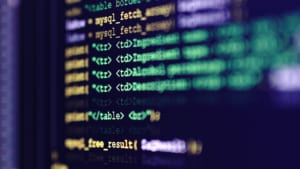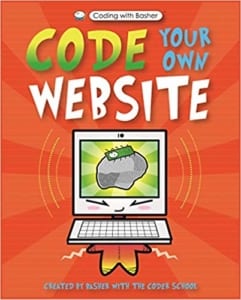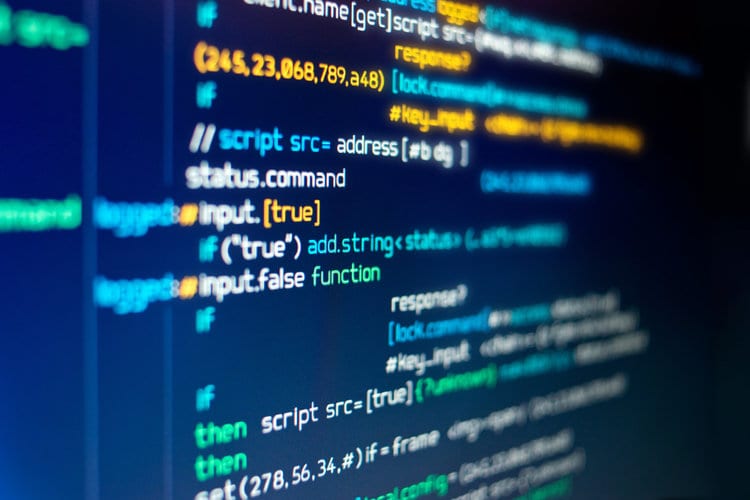The Best Coding Languages for Video Game Development

There’s a reason why kids are drawn to video games. The artistry, sound design, and graphics make it an immersive experience where they can achieve their goals or live out impossible fantasies. But that doesn’t mean that time is spent frivolously.
Parents who see their child express a passion for gameplay can use it as an opportunity to introduce computer programming and get their child interested in the gaming industry. Learning programming languages that control the design and development of a game is an exciting, creative way to immerse young learners into the world of coding.
Learning the basics of game coding is the start of a career in video game design and development. At theCoderSchool, we help kids learn what goes into making some of their favorite games. Video game development is rooted in coding, and we’ll show your kids how it’s done using the best programming languages for their age and skill level.
What is Game Programming?
Game programming is using coding to bring a video game to life. While others are responsible for the character design, art, and sound, the video game programmers pull all of those elements together in order to tell the computer or video game console what to do.
Video game programming skills are learned with experience over time. Kids as young as six can explore coding, but that doesn’t mean you have to leap right into complex scripting languages. For young coders, it’s best to start on visual platforms like Minecraft and Roblox, or with games featuring drag n’ drop activities that help them understand fundamental concepts like variables, memory management, debugging, and if/then logic.
At theCoderSchool, we’ll start with beginner-friendly video game programming. From there, we’ll expand on functionality so kids can continue learning other popular programming languages.
Best Coding Languages for Video Game Development
Video game programming can involve many different coding languages. Whether your child is interested in online games or mobile apps, each requires a different approach to coding. Here are some of the best programming languages to consider for your budding developer:
C++
C++ is an essential open source language. Used for years by console game makers to create complex graphics for systems like Xbox and Playstation, young coders can use it to develop anything from video games to operating systems. If you’re a gamer, popular games like Angry Birds are built in C++.
C#
The majority of games using C# are developed on the Unity 3D engine, which is used for, among other things, training simulators and software created for first responders. C# is an intuitive language to learn, and because it has been around a long time, young developers have many tools and tutorials at their disposal to make it easier. If you’ve played Pokémon Go or Super Mario Run, you’ve experienced C# programming.
Swift
Mobile gaming was mainstreamed by Swift, which is used by developers creating mobile apps for Apple’s iOS. The language is often considered to be easier to learn and faster to use than other coding languages, like Python and Objective-C. Swift has also been used in software development for apps like Facebook and WhatsApp.
Java

Many coders use Java for gaming and app development, but the programming language is used in countless other ways. It’s leveraged in developing everyday websites, for Android and Microsoft/Windows applications, and for a wide range of Java games like Codewars to Minecraft.
While best reserved for a time when your young coder has a little experience under their belt, Java isn’t widely used in video game development, but many web-based games do use Java in conjunction with Flash.
Lua
Lua is a fast, fun, and efficient language to use for video game development. Used for in-game programming with Minecraft, Lua is great for modding objects in worlds to express creative details. Roblox’s game logic was entirely built with Lua, and Roblox’s Studio for game development makes it easy to organize and program your code.
Python 
Among the most simple syntaxes to learn, Python continues to grow. It’s a programming language that helps coders develop problem-solving and creativity skills. It also helps improve written skills. While Python might not be highly acknowledged as a video game programming language, it does have a simple structure. Its ease of readability makes coding a slam dunk for younger kids, whether they’re learning how to build games or learn about data science structures. If you’ve played classic games like Tetris and Pac Man, you’ve played with Python.
HTML5, CSS3, and SQL

Other web programming languages are often used interchangeably for web browser-based video games. HTML5 games may be interchangeable with JavaScript. CSS3, the newest form of CSS, can be used in conjunction with HTML5. SQL has more back-end processes including trophies, achievements, save points, and other means to measure data during the game. Coders interested in video game development should get experience in all three programming languages.
Find Video Game Programming Classes Near You
Give your kid a jumpstart to a STEM career path by enrolling them in coding camps for beginners. At theCoderSchool, our child-focused learning philosophy helps young coders foster logical thinking skills and explore video game development at their own pace.
Whichever coding language you decide to pursue for video game development, theCoderSchool is here to help. Through our camps and classes, your child will learn the fundamental skills needed to build their own video games.
TheCoderSchool also provides coding classes and camps for other computer science interests to make it easy for curious, creative kids to explore computers and technology. With locations across the United States, we strive to provide new challenges so kids can push their learning to the next level.
Find a class near you and get in touch with the educators at theCoderSchool today to learn more about our virtual learning courses, in-person classes, and one-on-one private lessons.












